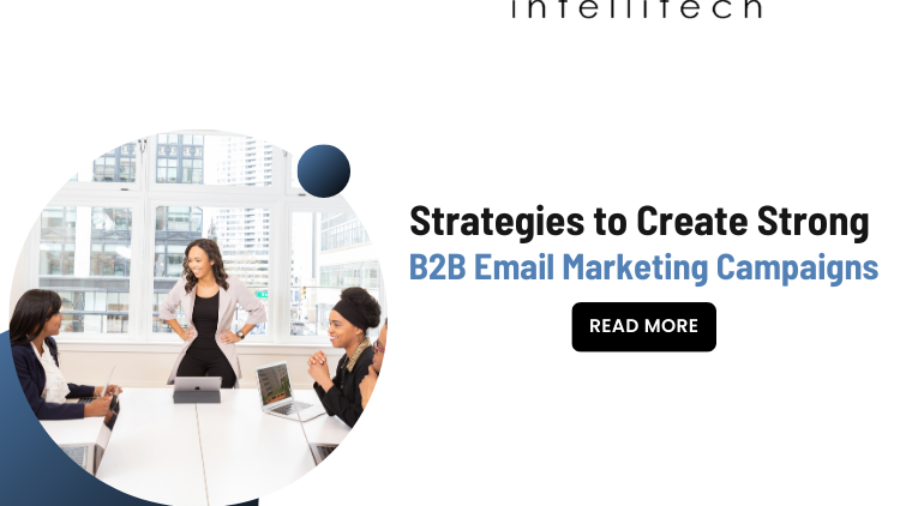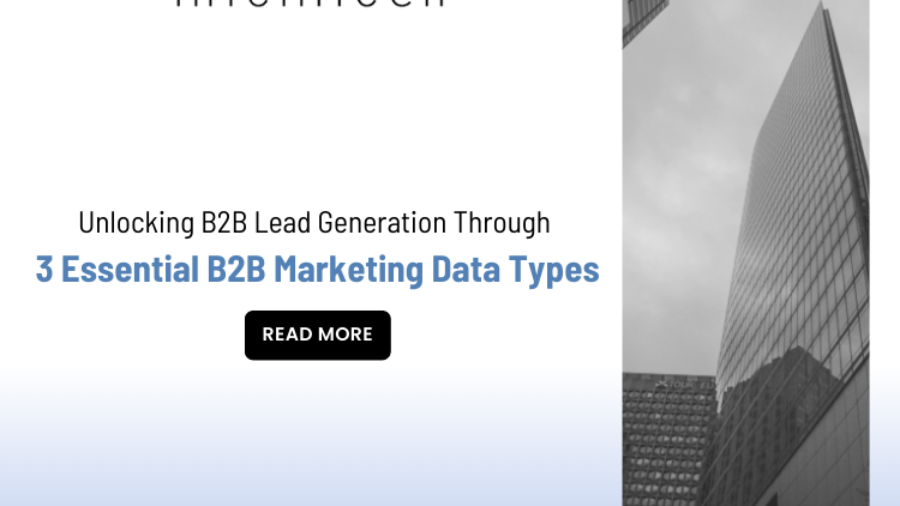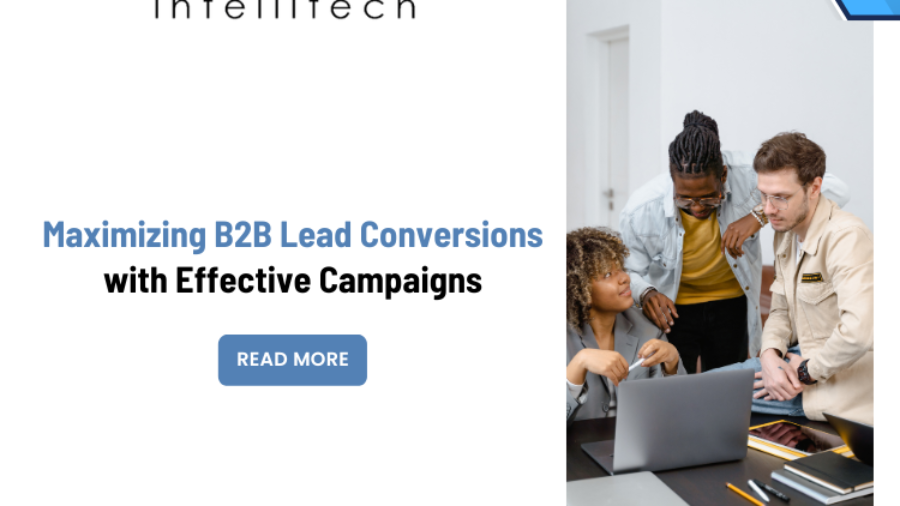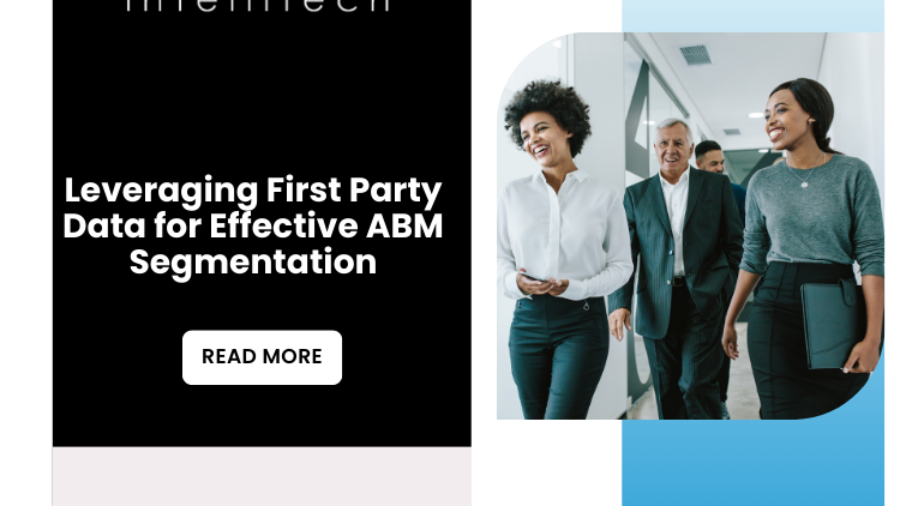In the realm of B2B marketing, email campaigns remain a powerhouse tool for driving engagement, generating leads, and nurturing relationships with potential clients. Crafting effective B2B email marketing campaigns requires a strategic approach that takes into account the unique characteristics and preferences of business audiences. In this blog post, we'll explore some key strategies to help you create compelling and impactful B2B email marketing campaigns.
Understand Your Audience
The foundation of any successful marketing campaign, including email, lies in understanding your target audience. For B2B email marketing, this means knowing the businesses you're targeting, their industry, pain points, challenges, and goals. Tailor your messaging to address these specific needs and interests to resonate with your recipients.
Provide Value with Content
B2B buyers are looking for solutions to their problems and valuable insights that can help them make informed decisions. Offer high-quality, informative content in your emails such as whitepapers, case studies, industry reports, or blog posts. Position yourself as a trusted advisor by sharing relevant expertise and knowledge that can benefit your recipients.
Monitor and Analyze Performance
Tracking the performance of your email campaigns is crucial for understanding what's working and what's not. Monitor key metrics such as open rates, click-through rates, conversion rates, and unsubscribe rates.
Continuously Improve
B2B email marketing is an iterative process. Use insights from your performance metrics, feedback from recipients, and industry trends to refine and improve your campaigns over time. Test new strategies, experiment with different content formats, and stay updated on best practices to stay ahead of the curve.
Conclusion
Crafting strong B2B email marketing campaigns requires a combination of understanding your audience, delivering valuable content, personalization, optimization, and continuous improvement. By following these strategies and adapting them to suit your specific business goals and audience preferences, you can create impactful email campaigns that drive engagement, leads, and ultimately contribute to your business's success.




